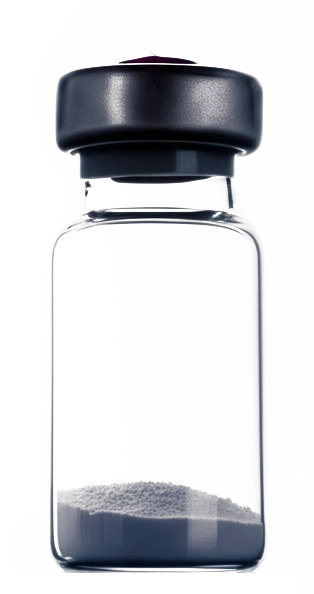
Understanding Performance-Enhancing Peptides and Muscle GrowthPerformance-enhancing peptides have become a focal point in athletic training. Athletes and bodybuilders explore avenues to maximize muscle growth and overall physical capabilities. These peptides, composed of amino acids, play a vital role in various physiological processes, making them attractive for those seeking a competitive edge. Understanding how these substances interact with the body is crucial before considering their use.Muscle growth peptides are designed to stimulate the production of growth hormone. They facilitate muscle protein synthesis. This process is essential for repairing muscle tissue after intense workouts. It also aids in building new muscle fibers. By promoting an anabolic environment, these peptides contribute significantly to increasing muscle mass and strength.One of the key benefits of performance-enhancing peptides is their targeted action. Unlike some other performance-enhancing substances, peptides can be selected to address specific needs. For instance, certain peptides are tailored to enhance muscle growth. Others focus on improving recovery times or boosting endurance. This specificity allows athletes to fine-tune their training regimens. They can align them with their unique goals.Bodybuilding peptides are a subset of performance-enhancing peptides. They are specifically used within the bodybuilding community to accelerate muscle development. These peptides often mimic the effects of human growth hormone (HGH). They do so without the potential side effects associated with direct HGH use. They stimulate the body to produce more growth hormone naturally. This results in increased muscle mass and reduced body fat.Peptides for lean muscle are formulated to help athletes achieve a more defined physique. These peptides promote muscle growth while simultaneously aiding in fat loss. They enhance the bodys ability to burn fat for energy. This results in a leaner, more muscular physique. The dual action of these peptides makes them particularly appealing to those looking to improve body composition.HGH peptides for performance are a specific category of peptides. They stimulate the pituitary gland to release human growth hormone. HGH is crucial for muscle growth, fat metabolism, and overall recovery. By increasing HGH levels, these peptides support muscle development. They improve energy levels and reduce recovery times. This allows athletes to train harder and more frequently.Strength peptides are used to enhance muscle strength and power output. These peptides improve muscle contractility. They increase the amount of force muscles can generate. This is particularly beneficial for athletes involved in strength-based sports. Examples include weightlifting and powerlifting. The use of strength peptides can lead to significant improvements in performance.While the benefits of muscle growth peptides and HGH peptides for performance are clear, it is important to consider the potential risks. Users should source these substances from reputable suppliers. They should adhere to recommended dosages. Regular monitoring of health markers is also advised to mitigate any adverse effects. Consulting with a healthcare professional is essential. This ensures safe and effective usage.

